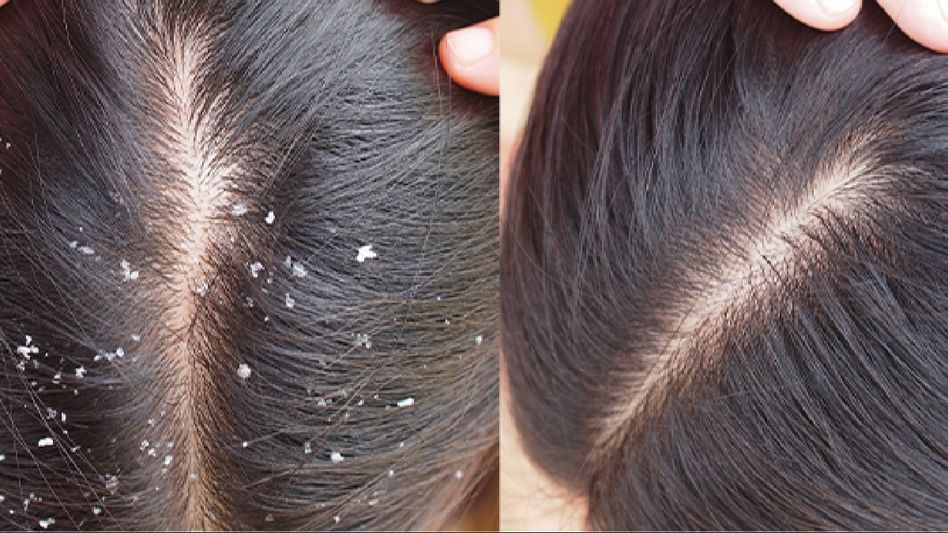How to treat excess dandruff with home remedies
Treating excess dandruff can be a frustrating experience, but numerous home remedies have been identified as potentially effective in managing this common scalp condition

Treating excess dandruff can be a frustrating experience, but numerous home remedies have been identified as potentially effective in managing this common scalp condition. These natural treatments range from oils and dietary adjustments to stress management and probiotics, offering a variety of options to suit different preferences and needs.
Tea Tree Oil
Known for its antimicrobial and antifungal properties, tea tree oil has been historically used to treat skin conditions such as acne and psoriasis, which suggests it may also alleviate symptoms of dandruff. However, it's important to dilute tea tree oil with a carrier oil like jojoba or coconut oil before applying it to the skin to avoid irritation, especially for those with sensitive skin.
Coconut Oil
Celebrated for its health benefits, coconut oil may improve skin hydration, prevent dryness, and reduce inflammation, making it a promising natural remedy for dandruff. Studies have shown that applying coconut oil to the scalp could improve the scalp microbiome and reduce symptoms of dandruff, although more research is needed to confirm these effects.
Aloe Vera
This succulent plant is often used in skin ointments and lotions for its antibacterial and antifungal properties, which may help protect against dandruff. Aloe Vera may also reduce inflammation, potentially relieving dandruff symptoms.
Omega-3 Fatty Acids
These nutrients are essential for maintaining healthy skin and may help reduce inflammation, potentially alleviating irritation and dandruff symptoms. Foods rich in omega-3 fatty acids include fish like salmon and trout, seeds like chia and flaxseed, and nuts such as walnuts. Fish oil supplements are also an option for increasing intake.
Probiotics
Beneficial bacteria found in probiotic supplements and fermented foods like kombucha, kimchi, and sauerkraut may enhance immune function, helping the body fight fungal infections that cause dandruff. Some studies suggest that taking probiotics can significantly reduce dandruff severity.
Baking Soda
Acting as a gentle exfoliant, baking soda can help remove dead skin cells and reduce scaling and itchiness. It also possesses antifungal properties that may benefit dandruff treatment. Applying baking soda directly to wet hair and massaging it into the scalp before rinsing can offer relief.
Stress Management
While stress does not directly cause dandruff, it can exacerbate symptoms such as dryness and itching. Managing stress through techniques like meditation, exercise, or yoga may help alleviate dandruff symptoms.
Dietary Adjustments
Limiting the consumption of certain foods, such as refined carbs, red meat, processed foods, fried foods, sugary foods, and beverages, may help relieve inflammation and improve scalp health. Some individuals may also benefit from avoiding specific trigger foods that can flare up skin conditions contributing to dandruff.
These home remedies offer a range of options for treating excess dandruff naturally. However, it's important to note that results may vary, and what works for one person may not work for another. If home remedies do not provide the desired relief, consulting a healthcare professional for further advice may be necessary.
Copyright©2025 Living Media India Limited. For reprint rights: Syndications Today









